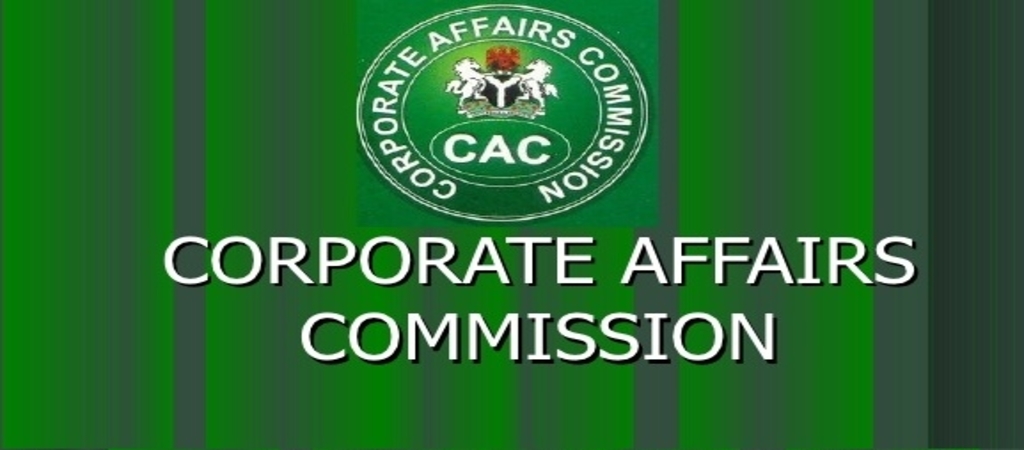Wednesday, December 16, 2020, 11:00 AM /
by Deloitte/ Header Image Credit: @tat_govng
The Tax Appeal Tribunal (TAT or the Tribunal),
on 1 December 2020, in the case between Tetra Pak West Africa Limited (Tetra
Pak or the Company) and the Federal Inland Revenue Service
(FIRS), ruled that the sale of packaging materials, spare parts and
equipment by the Company is in the ordinary course of its business and hence
not liable to Withholding Tax (WHT).
Tetra Pak had sought clarification from the FIRS on whether its
business, which is the sale of packaging equipment, spare parts and materials,
qualifies as “sales in the ordinary course of business”, which is
exempt from WHT. In its response, the FIRS did not agree with the
Company’s position and expressed its opinion that the business is not exempt
from WHT on the premises that the Company’s business is based on contracts,
which has rights and liabilities that are enforceable by law.
Consequently, Tetra Pak appealed to the TAT and put forward the
following issues for determination and resolve:
Whether or not Tetra Pak’s activities constitute
“sale in the ordinary course of business” which is exempted from WHT
The WHT Regulations provides that “all types of contracts and
agency agreements other than sales in the ordinary course of business” are
liable to WHT. In determining what constitutes “sale in the ordinary
course of business”, the TAT laid the following criteria:
1.
The transaction/activity is in the objects of the memorandum of
association
2.
The normal practice in the taxpayer’s industry
3.
The history of the taxpayer in relation to the activity
4.
The frequency of the transaction
The above should serve as a guide in determining whether a contract is
that of a sale in a taxpayer’s ordinary course of business.
The inherent powers of the TAT to rely on foreign
decisions in the absence of local precedence
In the absence of any decided case in Nigeria that defines what
constitutes “sale in the ordinary course of business”, the TAT relied on
definitions in Black’s Law Dictionary and some (foreign) decided
cases. This is in line with the general rules of interpretation of
statutes that enable Nigerian courts to be persuaded by such decisions from
other jurisdictions (with a similar law), where no judicial precedence exists
locally.
The above ruling has brought further clarity on the determination of
sales in the ordinary course of business. Going forward, this may be relied
upon by taxpayers as a basis to determine the extent to which they are liable
to WHT deduction on their sales. It also throws up the conversation about
tax refund especially for taxpayers whose sales are in their ordinary course of
business, as established by the judgment, but has WHT (unutilized) deducted
from the sales.
Related News
1.
Senate Passes Finance Bill 2020
2.
On the FIRS Public Notice on Recovery of Outstanding
Taxes – A Caveat
3.
Narrow Concentration of Corporation Tax Payers
4.
Taxpayers Relieved from Tax Investigation Beyond Six
Years
5.
FIRS Puts Taxpayers on Notice on the Recovery of
Outstanding Taxes
6.
CIT Payments Reflects Pressure on Economy Despite Q3
2020 Recovery
7.
N416.01bn Generated as Company Income Tax in Q3 2020
– NBS
8.
FG Presents 2020 Finance Bill to NEC, Slashes Import
Duties and Levies, Reduces Minimum Tax
9.
Transfer Pricing Audits: The Need for Taxpayers to
Proactively Prepare
Source: www.proshareng.com








